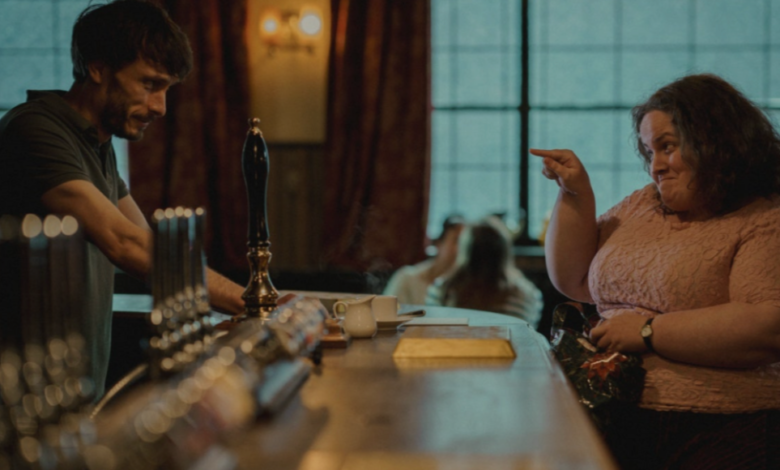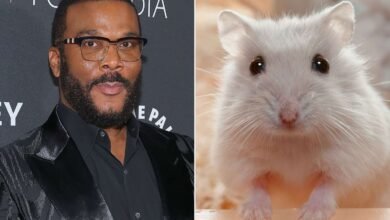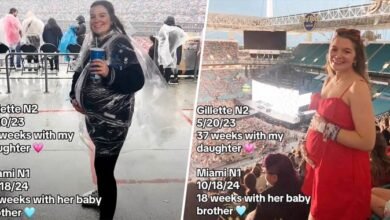Following Emmy Awards Scoop, ‘Baby Reindeer’ “Inspiration” Fiona Harvey “Is Afraid To Leave Home”

[ad_1]
Following Baby Reindeer creator Richard Gadd’s treble win at last weekend’s Emmy Awards – for acting, writing and producing the Netflix hit – the woman who claims he defamed her in his story of being stalked has shared the extent of her suffering.
Harvey said: “I am afraid to go outside out of fear of being attacked. Some weeks I do not leave my apartment. I am suffering from, among other things, constant panic attacks, chest pains, anxiety, nightmares, depression, nervousness, stomach pains, loss of appetite, fear and insomnia.”
Her lawyer, Richard Roth, described the situation to The Mail: “The disparate treatment and world in which they live is obvious and apparent. Richard Gadd is now a multiple Emmy award-winning star, solely as a result of Netflix’s fictitious ‘true story’, while she continues to suffer.”
In May, Harvey and her legal team launched a $170million lawsuit against Netflix, claiming she had been defamed “at a magnitude and scale without precedent.” She is suing for intentional infliction of emotional distress, negligence and gross negligence.
In her claim she points out disparities between the two stories – that while Martha is a twice-convicted stalker, who ends up serving jail time, in real life Harvey has no stalking convictions.
Gadd previously said that the ‘real’ Martha sent him more than 40,000 emails and 350 hours of voicemails, but Harvey told Piers Morgan on his Uncensored chat show this was untrue.
Gadd’s own statement to the courts in California, seen by the Mail, states: “While the series is based on my life and real-life events… it is not a beat-by-beat recounting of the events and emotions I experienced as they transpired. It is fictionalised and is not intended to portray actual facts.”
Last week, Netflix CEO Ted Sarandos doubled down on his belief that there is no case to answer. He told The Times of London he was “proud of the show and the way Richard handled the story.”
The show had a “true story” label attached to it, and Sarandos said:
“It was no one’s intent to use a label recklessly. That is Richard’s true story. The fact that you’re watching on television says that parts of it were certainly fictionalised and dramatised. I’m surprised that it’s a continued debate.”




